GRIEF / LOSS
WHAT IS GREIF?
Grief is a normal emotional response to the loss of someone or something that is important to you. It can feel emotionally and physically painful and many people experience a sense of being overwhelmed at times.
If you are grieving, it isn’t unusual to experience strong emotions such as sadness, anger, numbness, shock, helplessness and exhaustion. You may also find that grief impacts on your physical health, disrupting your sleep, appetite, energy levels and ability to think clearly.
It is also important to remember that we grieve for many things in our lives - not just the loss of loved ones. Losing friendships, the end of relationships, the death of a pet or losing a job can all cause us to experience grief.
WHAT IS A SUDDEN DEATH?
A sudden death is any kind of death that happens unexpectedly. This includes:
-
suicide
-
road crash or other transport disaster
-
drowning, falling, fire or other tragedy
-
undiagnosed advanced terminal illness, such as advanced cancer
-
sudden natural causes, such as heart attack, brain haemorrhage, or cot death
-
sudden death from a communicable disease such as COVID-19
-
sudden death from a serious illness that was known about, but where death wasn’t expected, for example epilepsy
-
murder
-
war or terrorism
People bereaved by these deaths have no time to prepare for their loss, or say goodbye. Their bereavement consequently comes as a shock; a bolt from the blue. Rather than going through a smooth process of initial sadness and then coming to terms with the death and moving forwards happily, people bereaved suddenly may have a range of powerful reactions to their bereavement, resulting from the shock of their bereavement and the devastation it has caused to their lives. These reactions may be different at different times and over a long time.
Grieving does not always happen at the point of a death occuring, sometimes the grieving process starts because a person is diagnosed with a terminal illness.
It is important to live for now. A terminal illness does not mean an immediate end to family life but it does mean things will change. You may not have the future you always thought you would have , but you do have the present to make the most of it. Knowing that a relative or close friend has limited time means every moment you have together is precious. You should use this time to do things you will enjoy and create memories that will be invaluable in the future.
DEALING DEMENTIA:
Grief, loss and bereavement are some of the hardest emotions to cope with. When you are close to a person with dementia you are likely to feel these emotions at different times and in different ways. This can be around the time of their diagnosis and as their dementia progresses, not just at the end of their life and after their death.
After someone is diagnosed with dementia and as it progresses, they and the people close to them may have many different feelings, such as guilt, loss and grief.
The person may also have feelings of loss and grief about their condition. This can start when they first notice they are unable to do the same things they used to, when they are diagnosed, or at any other point while they’re living with the condition.
Most people who are close to someone with dementia will experience grief, loss or bereavement. This is because dementia is progressive (which means it will get worse over time) and life-shortening. There will be lots of changes to adjust to and this can be extremely difficult.
These feelings can be very strong, and can be even harder to cope with than the practical aspects of caring.
You and the person with dementia may both feel a sense of loss as their condition progresses and your relationship changes. You may grieve for a short time as you experience these changes, or grief can be ongoing. Your feelings of grief may also change or go back and forth over time.
How you and the person experience grief can be affected by many things, such as:
-
your personalities
-
your relationship
-
how dementia affects the person
-
the stage of the person’s dementia.
As dementia progresses, your relationship might shift from both of you supporting each other, to one where you take on much more caring responsibility. The person may become more dependent on support from you and others, which might be very difficult for you both to adjust to.
When the person with dementia reaches the final stages, they may no longer be able to recognize you or communicate with you, which can be very painful. Although the person is still alive, you may still feel a sense of bereavement because you have lost the person they once were. You are aware that the relationship between you is almost over, yet you can’t mourn the person fully because they are still alive.
Some caregivers of a person with dementia find that they have grieved the loss of the person for so long that they don’t have strong feelings of grief when the person dies. There can be a sense of relief both for the person with dementia and for the caregiver.
It is not only dementia and Alzheimers, but any other degenerative illness that can leave a person feeling this way.
WHAT CAN HELP?
'Self-help' tips don't solve the issue. However, they can help you/others feel more in control when experiencing strong emotions.
If you find that 'self-help' isn't enough, consider reaching out to a counsellor or your GP for help managing overwhelming emotions.
01
Look after yourself physically
Grief can have significant physical effects on us. For instance, you may find that grief disrupts your sleep or makes you want to sleep more. Or you may find yourself eating more or losing your appetite. You may even find yourself swinging back and forth between these behaviours.
Taking small steps to look after your physical wellbeing can ease the impact of grief. Don’t worry if, in the initial aftermath of a loss, you find this impossible. You may need to wait for the first shock to subside, before you can start to think about this.
If and when you’re ready, you may find these steps help you to feel a little better:
-
Maintain a good sleep routine
-
Eat at regular time and as healthily as possible (but with some treats if you want them)
-
Rest regularly
-
Get some gentle exercise
-
Try to create some structure in your day – even if this is very different from you usual routine
-
Try to avoid overusing alcohol, cigarettes or drugs
02
Connect with others and accept support. Spending time with other people, especially people who care about us, can be very helpful when we are grieving. If someone offers you support, be willing to take it. Often, people want to help but don’t know how, so guide them to what you need, whatever that is, be it a shoulder to cry on, some distraction or some practical help.
03
Try to maintain your hobbies. You might feel that you get less pleasure from your hobbies when grieving. Or you might feel that it is somehow inappropriate to keep doing something pleasurable.
But maintaining hobbies or interests can help to provide you with a routine and keep you grounded in reality. It can also help you release stress, relax a little and feel a bit more hopeful about the future. Even if you don’t enjoy them as much, try to keep going with your hobbies as much as you can.
04
Accept whatever emotions you are experiencing right now. If you are feeling sad, then that is ok. If you feel happy and are laughing about something that is ok too. Go with the experience, take pleasure where you can and look after yourself when you feel down or angry
05
Accept each moment. If you’re having a difficult day, it is ok to focus on just moving through the next hour, the next few hours or the rest of this day. Give yourself permission to not have to think about the coming weeks or months and focus on what you need now, in this moment. Be kind to yourself and let the future wait until you are ready for it.
06
Talk as much as you want to – be quiet if you need to. If you want to share your feelings then find a caring friend or family member and confide in them.
07
Use rituals. Religious or cultural practices may help you with this, or you may want to invent something of your own. Your ritual might be specific to the person or thing that you have lost.
Some find it helpful writing letters to those they have lost, creating a ceremony, including singing songs or reading poems out loud or going out into nature and burying something or letting it drift away on water.
08
Plan for anniversaries. You may find that birthdays, Christmas or the anniversary of a death are more difficult for you. It may help if you can plan for these events in advance
09
Consider making a memory box. Although a difficult thing to do, it can help to reflect on your memories together. A memory box is a container that holds special things belonging to you. It might include photos, some favourite music, letters, or a recorded message. These objects and messages can help remind your children or loved ones of happy times you spent together and offer them some comfort. It can be a useful way to pass on memories and could be made with any loved one in mind. Creating a memory box can be an emotional experience. You may feel sad or overwhelmed at times. But you might also find it satisfying to reflect on your own memories. You may find it helpful to have a relative or friend support you through the process.
10
Feelings of loss and grief might make it harder for you to cope with caring. Some of the changes you both go through can be harder to process than the person’s death. It’s important to acknowledge any feelings you have and try not to feel guilty about them. There is no right or wrong way to grieve.
EXTERNAL INFORMATION, SUPPORT AND ADVICE






















































 |  |  |
|---|---|---|
 |  |  |
 |  |  |
 |  |  |
 |  |  |
 |  |  |
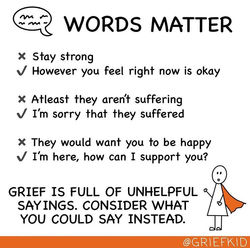 |  |  |
 |  |  |
 |  |  |
 |  |  |
 |  |  |
 |  |  |
 |  |  |
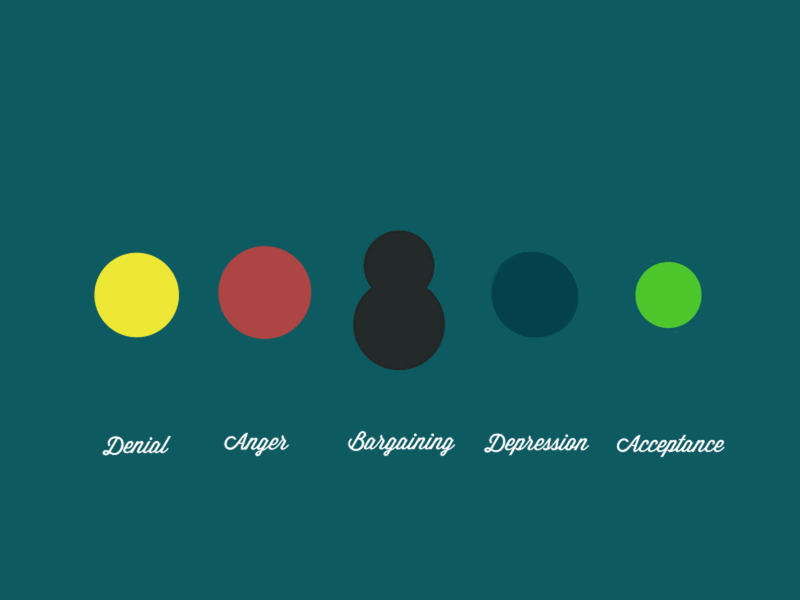 |  |  |
 |  |  |
 |  |  |
 |  |  |
 |  |  |
 | 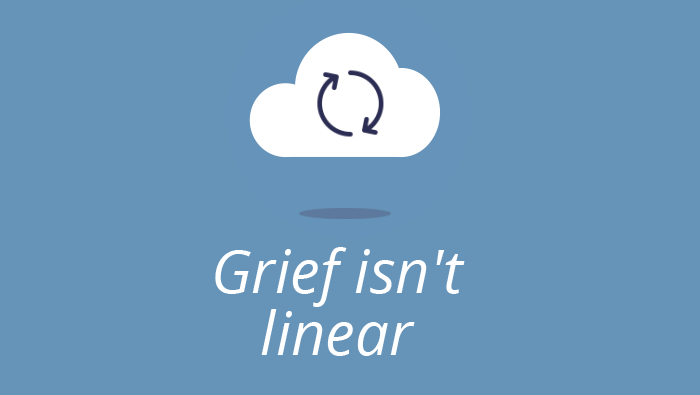 |  |
 |  |  |
 |  |  |
 |  |  |
 |  | 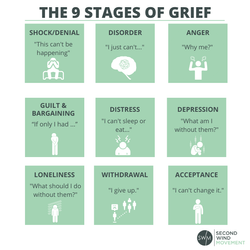 |
 | 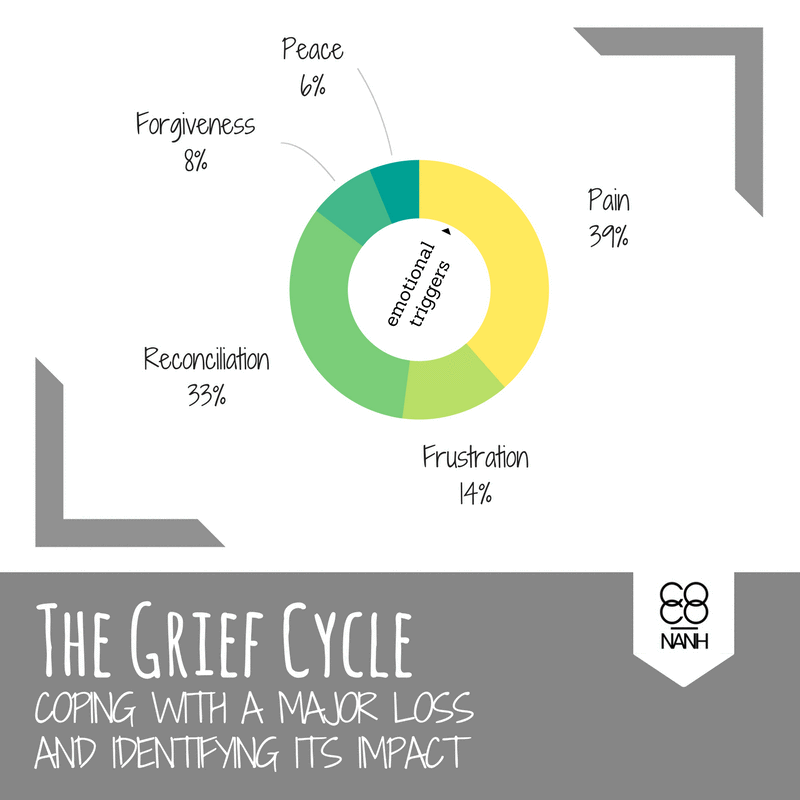 |  |

